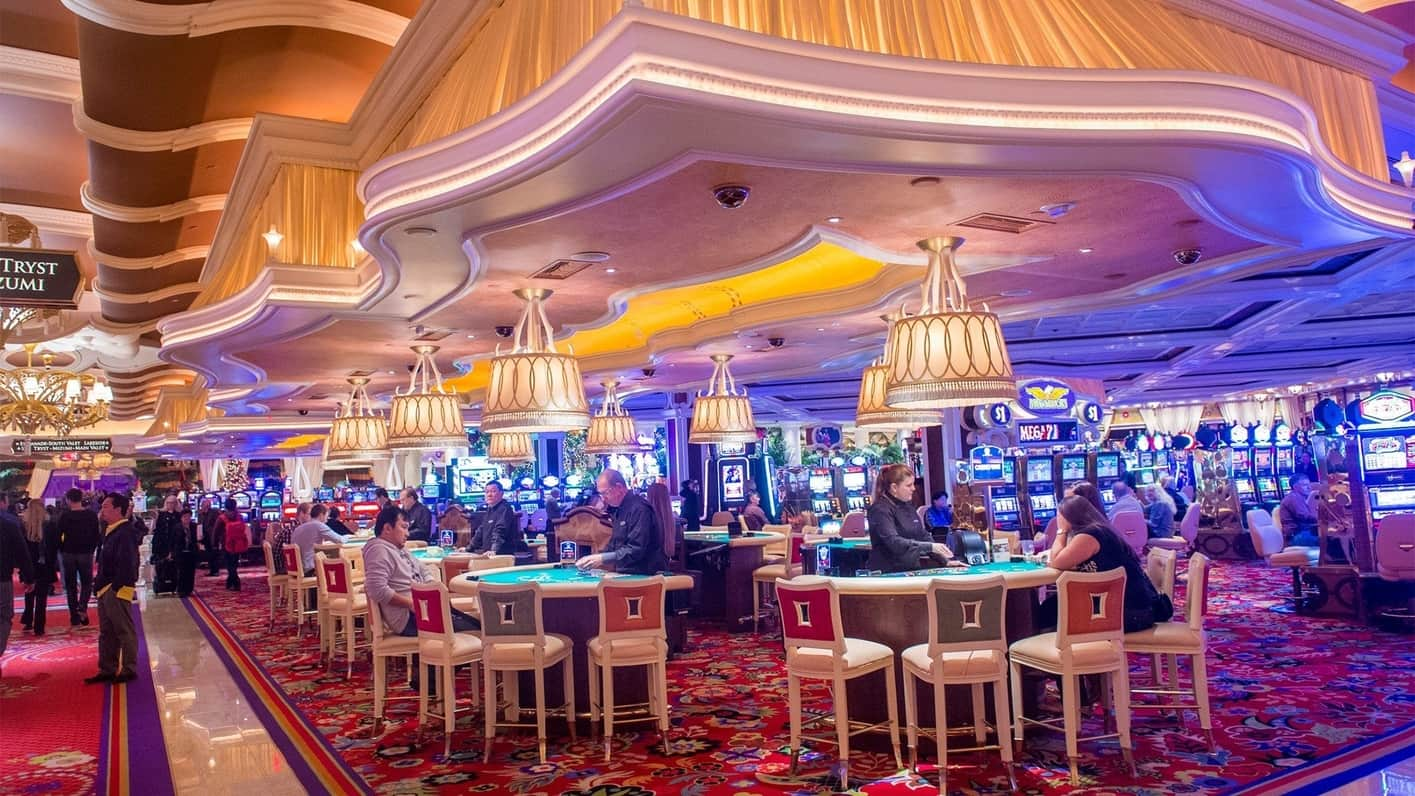How Gambling Games Represent our Human Journey

Casino entertainment have long been a staple in human culture, providing not just entertainment but a intriguing reflection of our dreams, dreams, and fears. From the rotating wheels of a slot machine to the strategic gameplay of poker, these games embody a spectrum of human emotions and experiences. At their core, casino games are more than a chance to make profits; they are a snapshot of life itself, where risk versus reward converge and luck can change in an moment.
As players convene around tables or sit in front of glowing machines, they participate in a tradition that transcends mere gambling. đá gà thomo These games echo our natural desires for social interaction, excitement, and the pursuit of luck. They also unveil deeper truths about human psychology, such as our relationship with luck and the excitement of uncertainty. In exploring casino games, we reveal not only the mechanics of play but also the rich tapestry of the human story, showcasing our woven narratives of hope and reality.
The Mind Behind Gambling
Wagering is deeply rooted in the psyche of individuals, appealing to various feelings and wants. The thrill of taking risks is a fundamental aspect that attracts participants, be it the excitement of spinning a roulette or the excitement of drawing a winning hand in poker. This rush of adrenaline is frequently likened to other forms of thrill, as the unpredictability of outcomes elicits a distinct psychological response. Players often become entranced by the possibility of striking it rich, leading to an irresistible draw toward casino games.
Another, an essential component of the psychology behind gambling is the concept of optimism and ambition. Players often nourish dreams of financial freedom and the opulent lifestyle that can follow winning. This optimism fuels their ongoing participation in gambling, as it provides a sense of purpose and the belief that a transformative win could be just one wager away. The story of overcoming odds and finding success resonates with many, reinforcing their commitment to play and involve themselves with these games.
Finally, social aspects play a significant role in gambling psychology. Gambling venues are designed to foster social interaction, where players gather to share the journey of wins and losses. This shared aspect not only amplifies enjoyment but also affects behavior, as individuals often imitate the actions of others in their vicinity. The collective approval found in mutual thrill can magnify the emotional experience, making casino games a reflection of not just personal desires but also shared involvement within the gambling community.
### Risk and Reward: A Double-Edged Sword
Casino games embody the fragile balance between danger and reward that resonates deeply with human nature. The thrill of placing a wager is often accompanied by a surge of excitement, as players are confronted with the chance of winning big, yet fully aware of the risk to suffer losses. This dual experience reflects a essential aspect of life: the decisions we face often come with built-in risks, and the chase for gain can drive us to make risky moves we might not otherwise consider. In this way, casino games mirror real-world choices, enticing gamblers to risk not just their funds, but also their dreams.
The allure of big prizes and payouts fuels a sense of optimism, encouraging gamblers to dream of a more promising future that could emerge from a lucky spin of the roulette or dealing of a hand. This positive outlook can compel individuals to engage in more daring actions, pushing them to take greater risks in search of monetary success. However, just as in life, the outcomes of these decisions can lead to both triumph and loss. The narratives of both jackpot winners and those who have suffered everything at the tables demonstrate the chaotic nature of chance and its significant effect on our futures.
Ultimately, the interaction of engaging with casino games serves as a strong reminder of the nature of humanity. Every game played is loaded with the tension of risk, as gamblers weigh the rewards against the dangers. This dynamic not only highlights the excitement that comes with betting but also exposes the risks that come with the longing for more. As we journey through the challenges of decision-making and consequence in both the gambling world and in life, we find that the search for benefit shapes our character and lives in profound ways.
Society and Isolation in Casino Culture
Casino culture is a special blend of communal engagement and personal endeavor, reflecting the dualities of individual experience. Gamblers often gather around games, experiencing in the excitement of the action, celebrating wins, and sympathizing over losses. This communal aspect is vital, as it creates a sense of community and bonding among diverse groups of people. Regular attendees to casinos may build friendships and develop routines, turning the casino into a alternative home where they experience connected to a greater community of players.
However, the allure of gambling games can also result to isolation. As individuals become immersed in the excitement of playing, they may withdraw from personal connections or fail to interact with the environment outside the gaming space. For some, the pursuit of a windfall can distract from genuine relationships, leading to isolation. The situation of being surrounded others yet feeling solitary is not uncommon, as the attention shifts from shared enjoyment to the private stakes of each player’s path.
This interaction of community and isolation creates a vivid tapestry that defines gaming atmosphere. It showcases the intricacy of social interactions, where happiness and sorrow coexist. Casinos serve as both a sanctuary for social engagement and a platform for individual struggles, illustrating how intimately connected our yearning for companionship and the personal quest for wealth can be. In navigating this landscape, players confront their own narratives—seeking both the rush of the game and the fellowship of fellow gamblers, eventually mirroring the broader spectrum of individual experience.